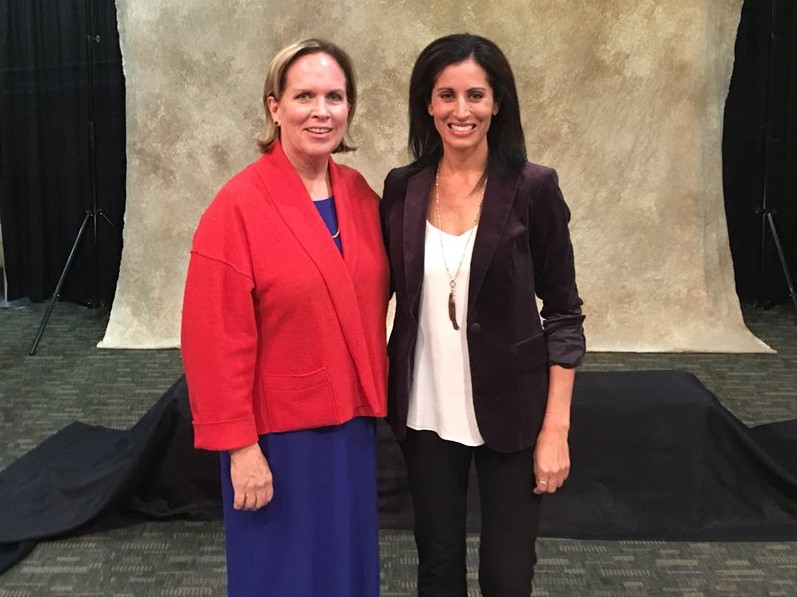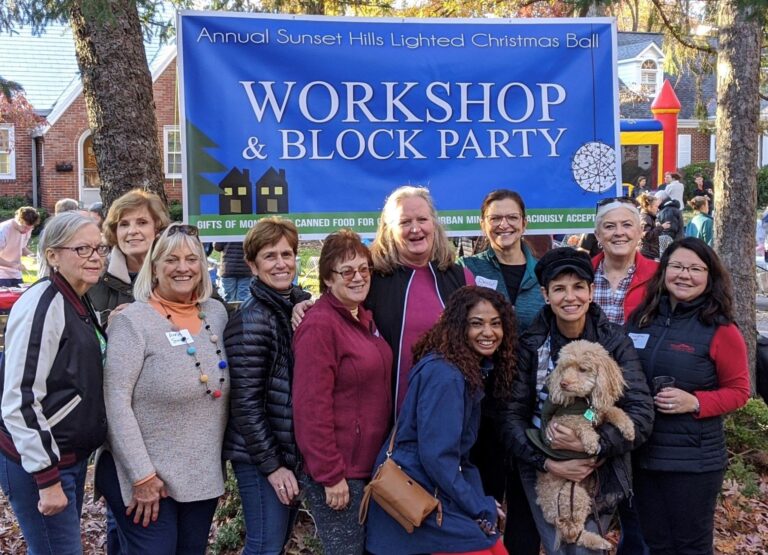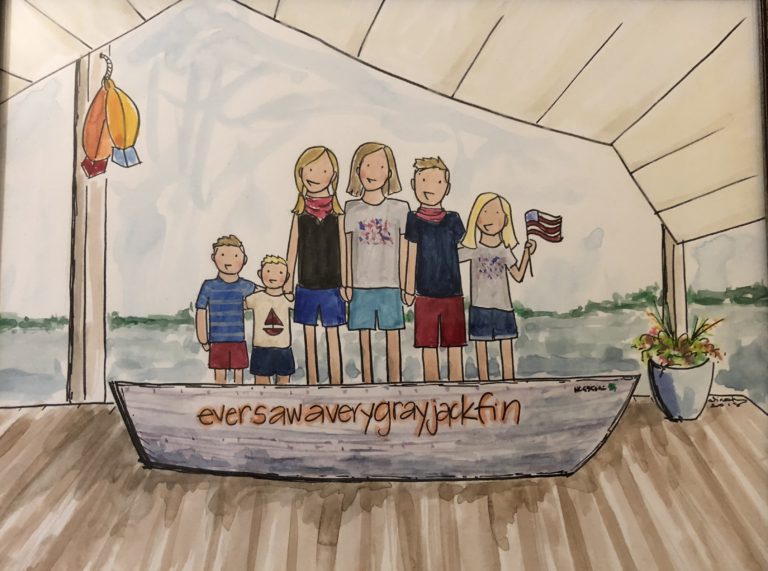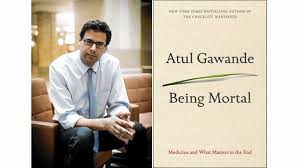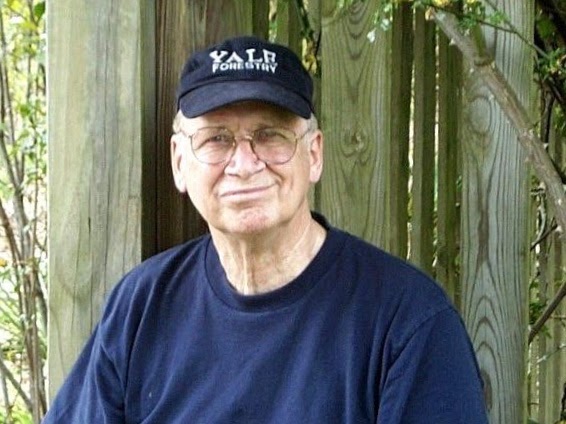Navigating a World with Alzheimer’s Dementia
UPDATE 11/13: It thrills me to no end to wake up today and read about Bill and Melinda Gates’ $100 Million commitment to curing Alzheimer’s. You can read about why he’s chosen to fund Alzheimer’s research on his blog. As a Rotarian, I’ve seen firsthand what their foundation has done to bring us “this close” to wiping Polio off the map. I’m confident we’ll be able to do the same with Alzheimer’s.
Neuroscientist to Novelist
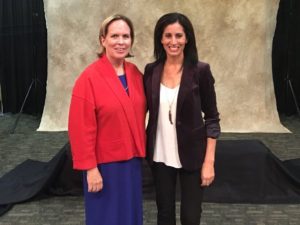
Even if it is “the most complex and orderly arrangement of matter in the universe,[i]” few of us give that three-pound mass between our ears much thought, at least until something goes wrong. Lisa Genova is someone who knows a lot about the brain and a thing or two besides. She holds a Ph.D. in neuroscience from Harvard University. She recently told me and 3,000 other Guilford College Bryan Series subscribers how to navigate changes in our loved ones in the face of mental health challenges.
You might recognize Lisa more from her writing than her neurological skills. With the tools of a neuroscientist and the heart of a granddaughter, Lisa grew incredibly close to her Alzheimered grandmother. Determined to not let all her precious Grandmother moments go to waste, she set out to write a book, in a Starbucks in a Stop and Shop on Cape Cod. After 50 literary agents rejected her book, she self-published Still Alice and sold it out of the trunk of her car.
Truths to Make Your Life Better
Whether you’re a “PWD” (that’s support-group speak for “person with dementia”), or a “TAB,” (“temporarily able bodied”) or whether you’re like my 56-year old friend, Brian Kursonis, diagnosed with Early Onset Alzheimer’s, Lisa’s advice is tomorrow-morning-ready. Take what Lisa learned and embrace these three truths:
- Nothing is wasted,
- Be all in,
- Be someone who matters.
Six Million Persons
“If you’re not dealing with Dementia now, you will,” said Lisa with jolting conviction. One in six persons ages 65-75 has Alzheimer’s Dementia and by the time you’re 85, two in five will have it. Nearly 6 million persons in America have Alzheimer’s Dementia now; in thirty years, nearly 15 million people will have it. If the future unfolds like the past, those 15 million persons with Alzheimer’s Dementia will bankrupt America emotionally, if not financially.
Take What’s Offered and Add to it.
Persons with dementia are cut off from society and become tremendously lonely. How could I even begin to care about family members, fellow workers and neighbors with Alzheimer’s Dementia? One important way is just to listen to them and, where you can, be their voice. As the disease begins to strain conversations, and it will, we can take a page from the field of acting, especially improv, where one person is in conversation with another. Lisa’s advice is to simply take what’s offered and add to it. If mom says, “That’s a magic carpet,” you can say, “It sure is. It’s so cold, I’ll go get my bathing suit and let’s go to Tahiti.” Since the person with dementia can’t join me in my world, I can join her or him in theirs. Remember, persons with Alzheimer’s Dementia are not dying from the disease, they’re living with it, until they die.
Five Things You Can Do To Lower Your Risk
Research shows five primary practices lower the probabilities of getting Alzheimer’s Dementia. A good rule of thumb is, “If it’s good for my heart, it’s good for my head.”
- Increasing your cognitive reserve. Learn a new language, play the piano, meet new people and engage with a community of friends. These activities build new neural pathways. If you know nine different things about me, and Alzheimer’s Dementia robs eight neural pathways, you still have one pathway left, and can build a workaround to still connect with me.
- Staying physically active has been shown to lower one’s probabilities of getting Alzheimer’s Dementia.
- Eating a Mediterranean diet lowers the risks of Alzheimer’s Dementia.
- Lowering stress lowers the risks of Alzheimer’s Dementia. Walk, take yoga, meditate, pray or just turn off your smart phone.
- Getting plenty of deep sleep. When you sleep, “janitor” cells mop up the sludge from your brain’s daily metabolic activity. If you don’t get enough deep sleep, you brain’s “floor” will be littered with metabolic garbage when you wake up. Like dust bunnies, metabolic sludge builds up and eventually, dementia symptoms.
Of course, if we are ever going to cure the disease, we must first understand it. To do that, we must surrender the stigma of mental illness. Talk about it with your family, your friends and your neighbors. Keep the conversation going. Unlike the other top 10 causes of death in the United States, Alzheimer’s Dementia stands alone as the single disease that cannot be prevented, slowed or cured. Heart attack, cancer, pulmonary disease, diabetes, influenza and pneumonia all have survivors. Alzheimer’s Dementia has not one survivor, yet. However, with research, someone reading this blog post could be the first.
Endnote
In 30 years’ time, our team has come to serve, love, and say goodbye to 10 persons who didn’t survive Dementia. We talk with families daily who carry this burden. We’ve seen how empathy collapses the distance between persons with Dementia and their families. At Smith Partners, Alzheimer’s is our native tongue. If you have any concerns, I invite you to begin a conversation with us. We’d love to help you.
[i] Isaac Asimov, “In the Game of Energy & Thermodynamics: You Can’t Even Break Even.” Smithsonian, June 1970, p. 10.
